Active Projects
The Centering Culture team is committed to contributing practical, accessible curricula and toolkits to support teams dedicated to developing their own and their teams’ cultural awareness, knowledge, and skills. Centering Culture tools and resources are designed and developed in partnership with practitioners, community members, and stakeholders in fields and with lived experiences relevant to the respective community and professional context.
As part of an NSF funded effort, the community research team seeks to develop resources and trainings to support researchers, community partners, and the public in learning how to conduct ethical research that is grounded in values of reciprocity, relationality, and respect. Our resources and trainings are available here.
The Braiding Knowledge project is a collaboration between Dr. Melissa Tehee, Dr. Breanne Litts, and Dr. Rogelio Cardona-Rivera that seeks to create new forms of technology that support Indigenous perspectives. Learn more here on our project website.
In partnership with Dr. Melissa Tehee (Psychology, USU) and her Tohi Lab, Dr. Litts and the LED Lab are working with Edith Bowen Laboratory School (K-6) to investigate how to collaboratively (re)design cross-cultural field experiences for sixth graders to effectively develop culturally competent citizen scholars. The key aim of the project is to cultivate connections across partners, cultures, and disciplines.
Previous Projects
Our team seeks to develop training and infrastructure that supports development of cultural awareness, knowledge, and skills across a range of healthcare contexts.
In this dissertation, Lili Yan leads our team’s investigation of how students develop relationships with culture through culturally center learning activities.
The Daigwade project is a community-based effort with the Northwestern Band of the Shoshone Nation. We are working with families to create place-based storytelling experiences that share and preserve the Tribe’s culture.
The LED Lab and the Tohi Lab partnered to rebrand and redesign the TEACH cultural competence training to make it accessible to the USU community and more broadly to the public.
This research project investigates the interaction of teachers and staff at a local elementary school as they navigate the shift to teaching remotely during a pandemic. We are specifically seeking to understand how this school's staff apply their collaborative culture to address the unprecedented challenges of teaching online.
The “Reality Media and the Anthropocene” project explores the design of emerging reality media, such as AR and VR in how they create new ways to develop an understanding of the Anthropocene, the new geological epoch in which human activities are the dominant force of change.
We Got the Beat (WGB) is a project founded by Cedric Mannie and Kameica Yazzie in collaboration with Dr. Breanne Litts. WGB aims to impact young people’s perception of health through the use of computers with the aim of informing literature about health, health sciences, computer programming, and especially learning sciences.
We explore how to support teaching and learning of computational thinking (CT) practices in interdisciplinary, age-appropriate contexts. To prepare youth to be computationally literate in a digital world economy, two key approaches have emerged aiming to make text-based programming more widely applicable, accessible, and age-appropriate.
Safe Passages 4 U is a student-led initiative to improve the campus climate at Utah State University. The Safe Passages team believes that all students have the right to obtain the best education possible on this campus and to feel safe and supported while doing so.
The Graduation Game (TGG) is an academic exploration game designed in ARIS. This game has been utilized for two years as an orientation tool for psychology undergraduate students. This game allows students to explore the courses they will take during the first year of their bachelor’s degree situated on the Utah State University Campus.














